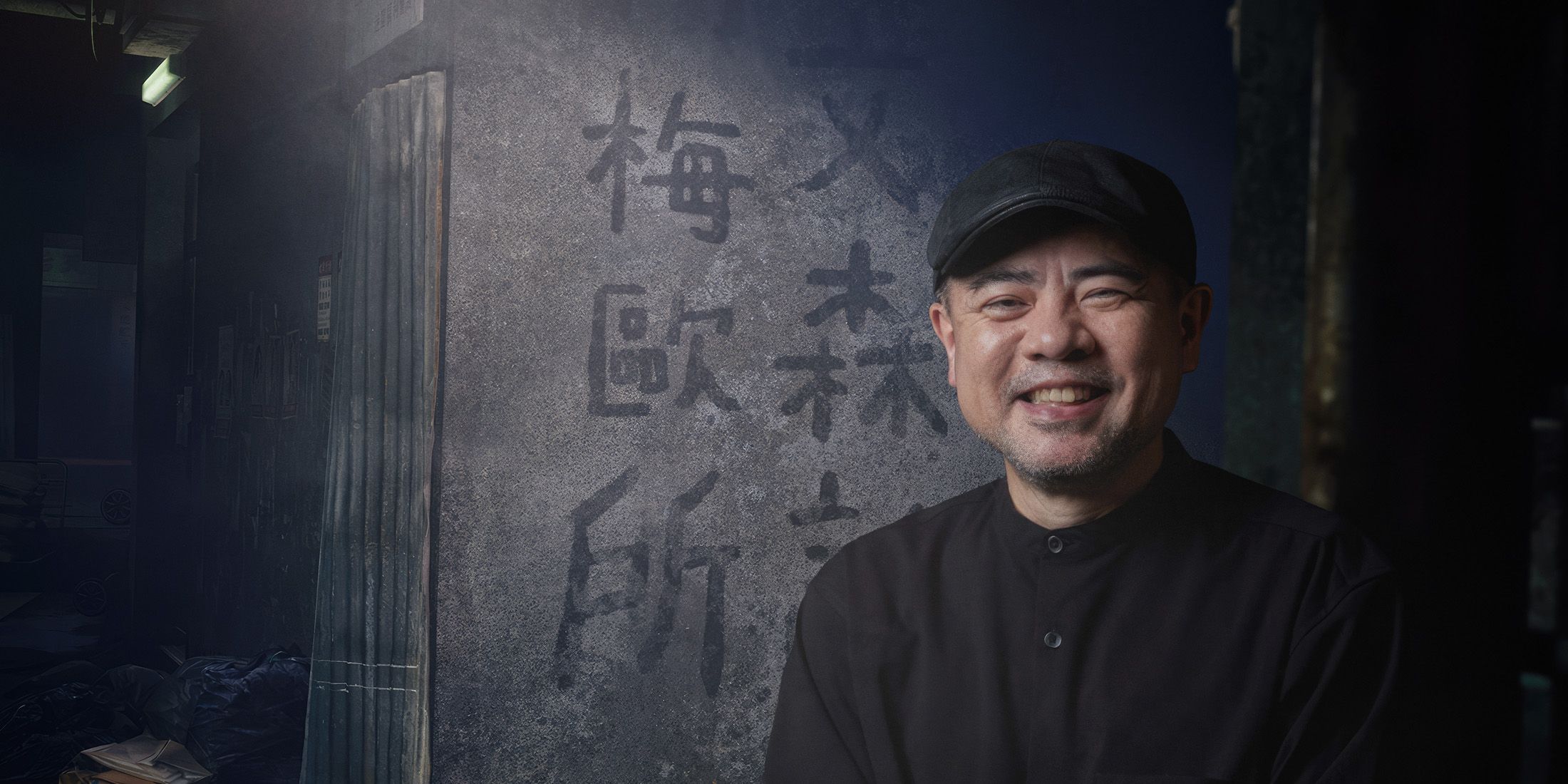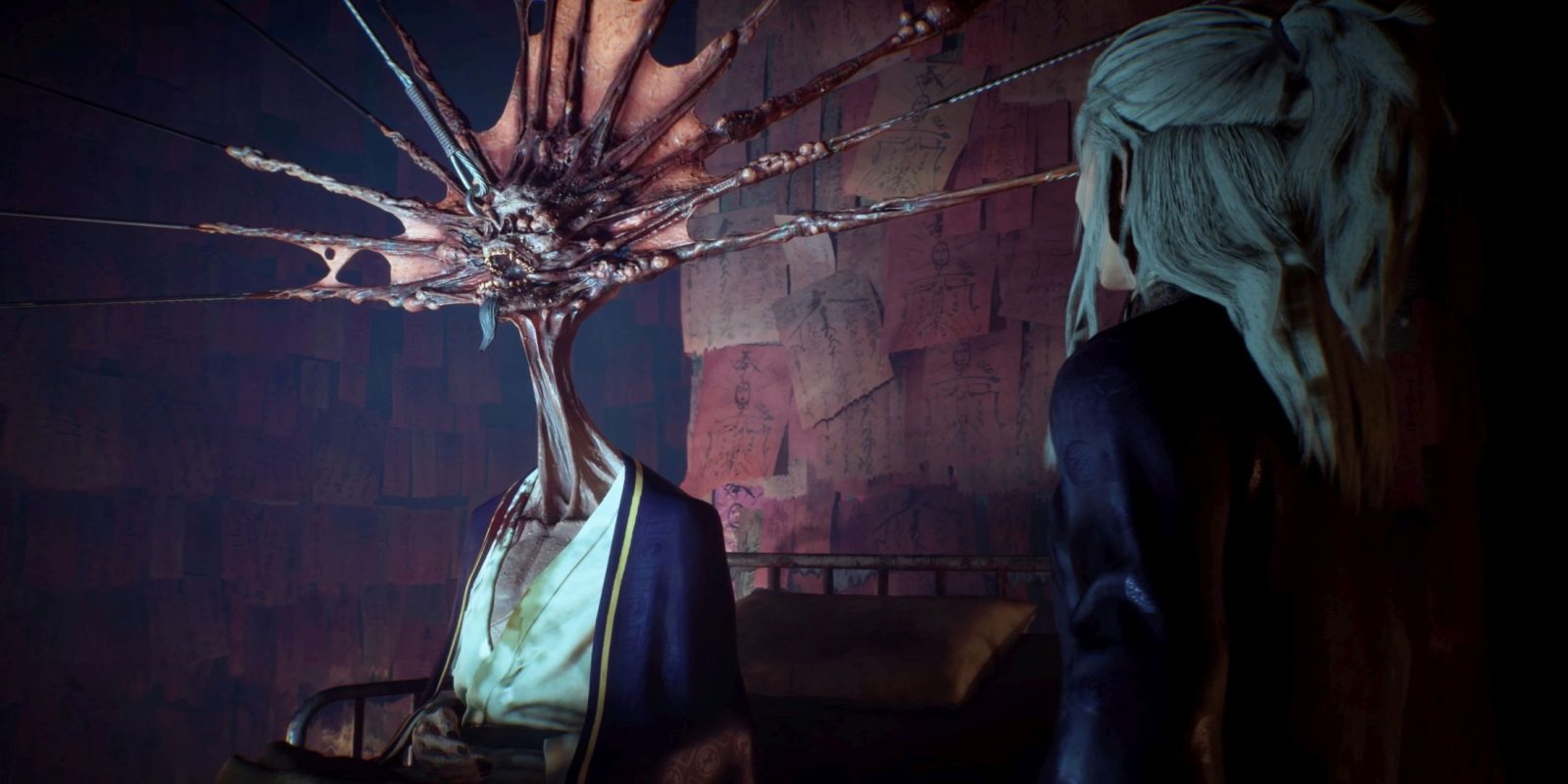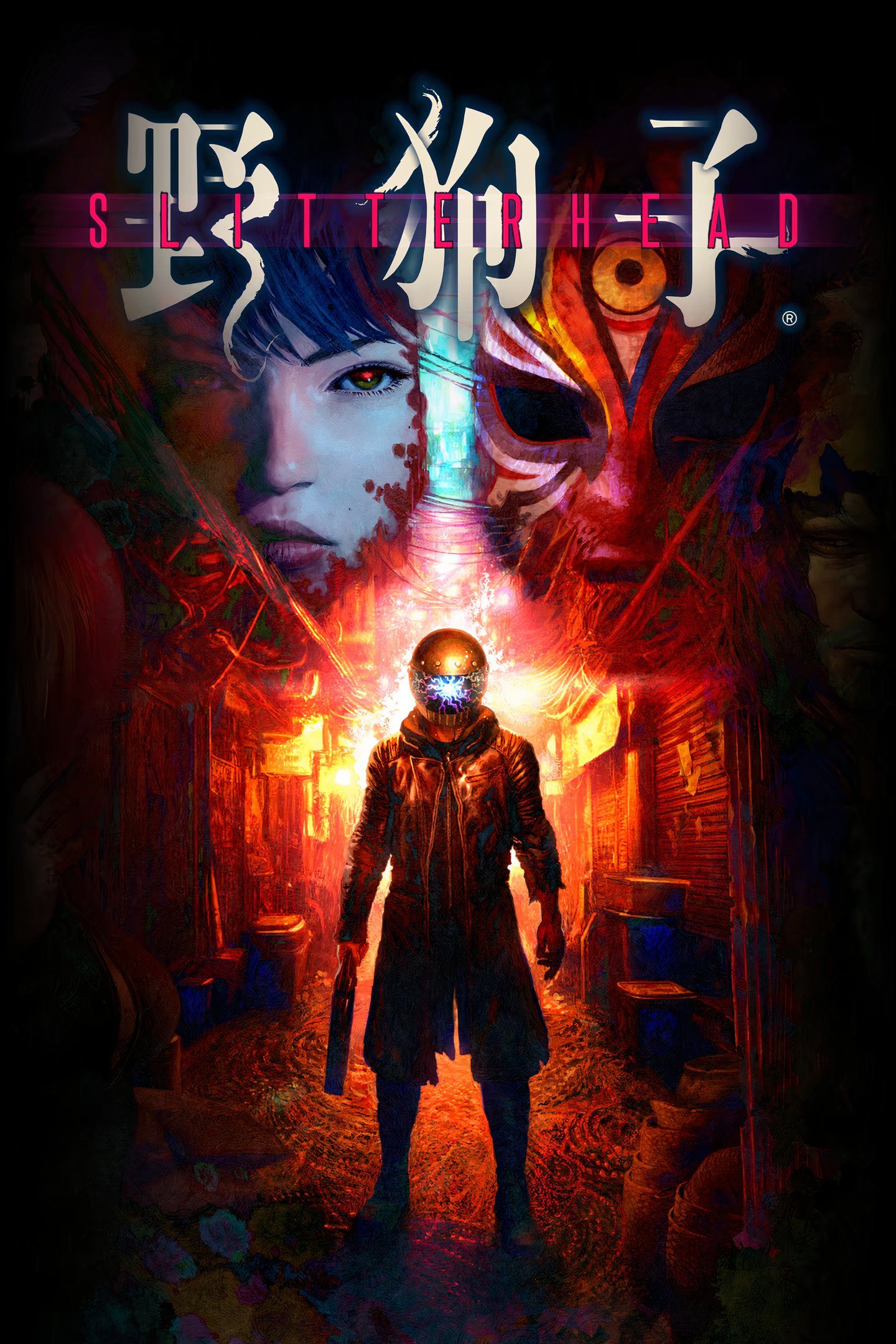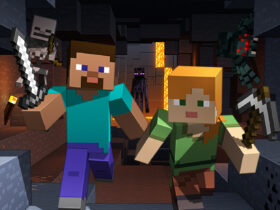There are a wide variety of horror games that feature action components, and vice versa. While some can lean into one more than the other, the general combination has frequently been seen, with franchises like Alan Wake and Resident Evil being just a few of the more high-profile ones as examples. Bokeh Game Studios was not shy in this regard for its debut release, Slitterhead, as its marketing and promotion stated its intention to balance both genres equally throughout. The studio was very upfront about wanting to create a title that draws from unsettling psychological and body horror while melding these with more action-oriented gameplay and mechanics.
Slitterhead sees players controlling a ghost-like entity known as Hyoki that inhabits human hosts in its quest to eliminate the brain-eating monsters invading the fictional city of Kowlong. Initially, this setup is rather straightforward, with the mystery behind the disturbing creatures’ sudden appearance and Hyoki’s single-minded goal to destroy them emphasized first and foremost. However, fairly early on in its story, Slitterhead introduces a well-known sci-fi angle that becomes an increasingly integral plot point. Slitterhead‘s use of a particular sci-fi trope plays well into its more highlighted genre components and gives it another intriguing layer beyond them.

Related
Keiichiro Toyama Discusses The Making of Slitterhead
Popular game creator Keiichiro Toyama discusses the making of Slitterhead, an action-horror game centered around possessing NPCs.
Spoilers ahead for Slitterhead .
Slitterhead Slips A Heavy Dose of Science Fiction Into Its Action and Horror
Horror Games With a Sci-Fi Bent Have Been a Rising Trend
Although obviously not entirely a new format or idea, it seems that horror titles that are deeply grounded in sci-fi are a direction that a number of recent and forthcoming games are taking. While ones like Alien: Isolation and Dead Space have long been counted among the most notable and well-done, there are also others like last year’s Fort Solis, as well as Bloober Team’s upcoming Cronos: The New Dawn and Supermassive’s next entry in the Dark Pictures Anthology, Directive 8020, that blend sci-fi and horror. And though at first glance this may not have seemed to be the case for Slitterhead, shortly into its tale, it quickly becomes apparent that it too is utilizing a popular sci-fi slant.
Slitterhead’s Sci-Fi Twist Adds An Interesting Wrinkle to Its More Obvious Horror and Action Components
After only a few missions into Slitterhead‘s story, Hyoki suddenly manifests the ability to travel back in time, something it seemed completely unaware it was capable of beforehand and was never hinted at. But once this point is reached, it persists and turns into a major plot note, becoming intrinsically integrated and connected to the action and horror ingredients that were already on full display. Hyoki enacts a kind of classic butterfly effect chain of events as it attempts to rewrite history multiple times and undue the chaos caused by the slitterheads in the past.
As the tale progresses, Hyoki and the group of special human “Rarities” it bonds with return to pivotal moments across the same three-day time-loop in a desperate maneuvering to defeat the slitterheads and prevent their spread. Through the course, it’s revealed that some of the more powerful and prominent slitterheads are aware of their meddling with causality, and a few even have this ability themselves, which adds yet another layer to the cat-and-mouse struggle between them. On the gameplay side, this provides justification for having to replay missions, as doing so results in different versions of possible outcomes, grants further allies and abilities, and fleshes out the greater mystery in the process.
When Slitterhead‘s Hyoki and its allies revisit locations and influence situations in their attempts to gain the upper hand and understand what exactly is occurring, the sci-fi aspect is brought more into the fore. Eventually, startling details are revealed about the nature of the Hyoki and the slitterheads, their relationship with each other, and the impact they’re having on reality through their time-manipulation efforts. By slyly hiding the fact that it leans more heavily into sci-fi than was likely expected, Slitterhead makes for a more unique and memorable experience than if it was “just” an action-horror game as advertised, and is all the better for it.
Source link













Leave a Reply